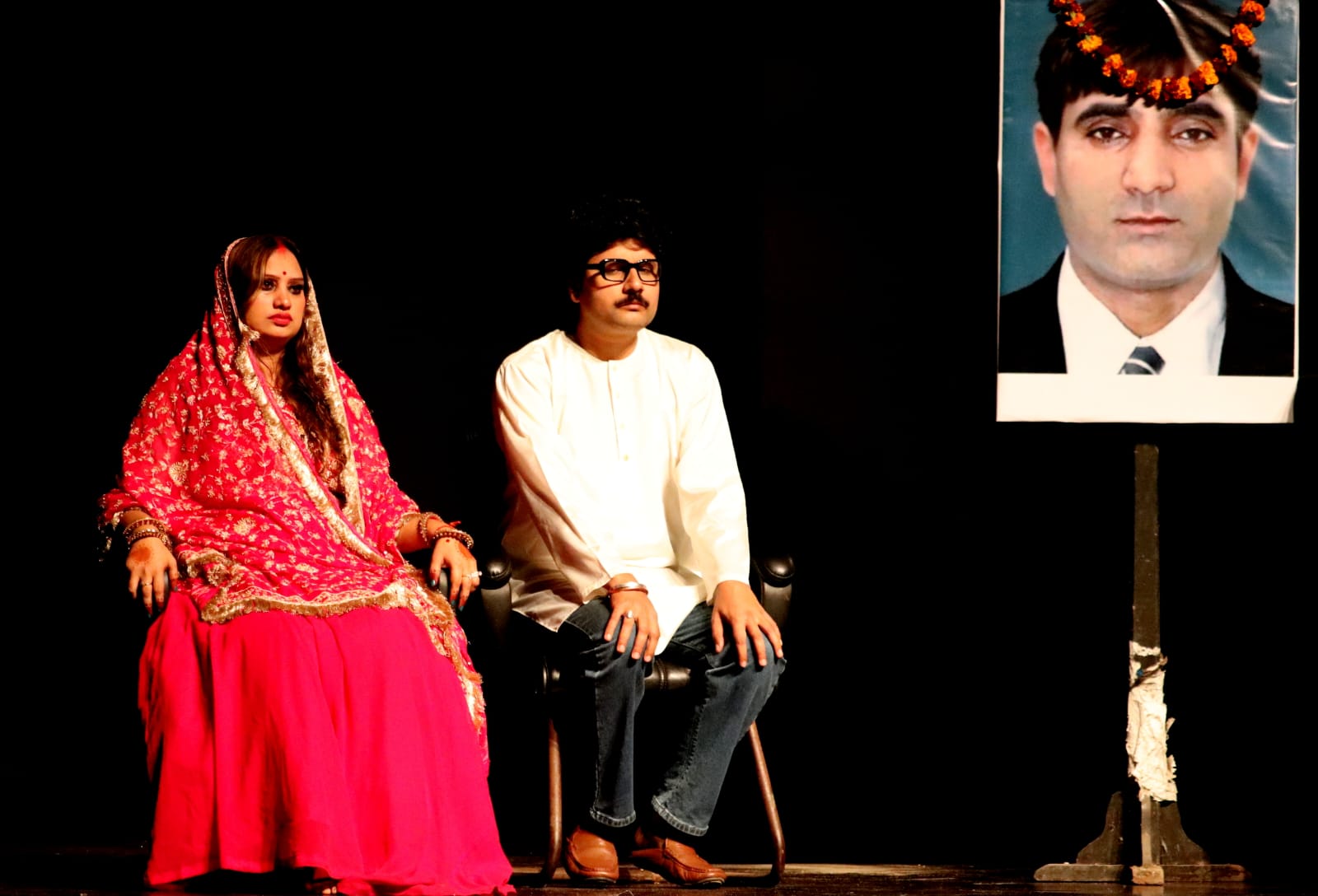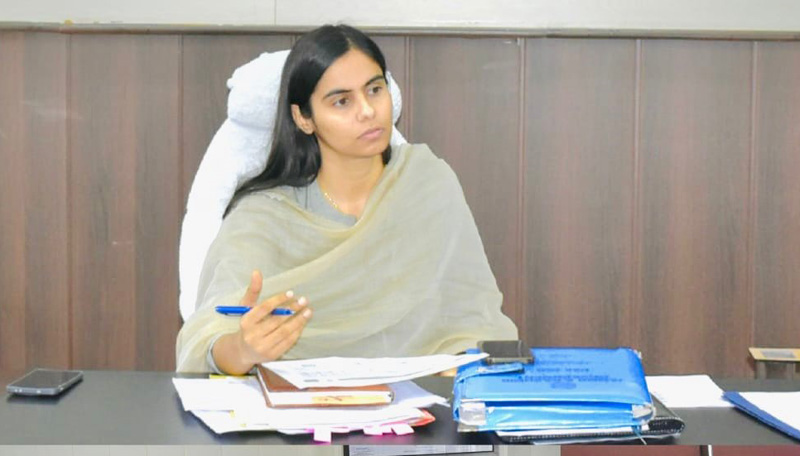New Delhi: The Indian Institute of Technology (IIT) Madras on Thursday announced a collaboration with Applied Materials India to implement the AppliedTwin™ digital twin framework, aimed at advancing semiconductor research and workforce development in India.
According to the institute, the AppliedTwin™ platform is an advanced digital twin solution designed to model and optimise semiconductor manufacturing equipment and processes.
A hands-on workshop on the AppliedTwin™ platform was also held at IIT Madras, with participation from over 150 students and faculty members. The institute, in collaboration with the Tamil Nadu government, is planning to establish a semiconductor fabrication facility with integrated reliability and packaging capabilities.
The deployment of the AppliedTwin™ framework at IIT Madras represents a significant step toward strengthening India’s semiconductor R&D ecosystem and preparing an industry-ready workforce, the institute said in a statement.
Prof. V. Kamakoti, Director of IIT Madras, noted that the framework would allow students and researchers to accelerate concept creation, prototyping, testing, and process exploration in a virtual environment—substantially reducing R&D costs and timelines.
“By integrating advanced digital twin technologies into our curriculum and research, we aim to play a key role in India’s mission to become a global hub for semiconductor design and manufacturing,” Kamakoti added.
The foundational software behind AppliedTwin™ is designed to foster collaboration and innovation among suppliers, government bodies, customers, and R&D institutions, thereby supporting India’s growing semiconductor ecosystem.
The software suite provided to IIT Madras includes a multi-physics modelling tool and TOPO+, a topography simulator. Students from other institutions and MSMEs will be able to access the platform through Swayam Plus, the institute said.
With the availability of virtual semiconductor process experimentation, students and researchers will gain valuable, hands-on experience with fabrication workflows—well before India’s physical FAB infrastructure becomes fully operational, IIT Madras noted.













